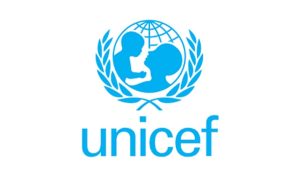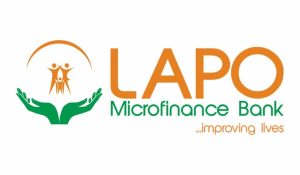
Federal Government Tackles Sustainability Challenges in Nigeria's Telecom Sector
The Federal Government of Nigeria is taking decisive steps to address critical challenges threatening the sustainability of the nation’s telecommunications sector, ensuring uninterrupted and affordable connectivity for all Nigerians.
This comes after Dr. Bosun Tijani, the Minister of Communications, Innovation, and Digital Economy, received an interim report from KPMG Nigeria on the state of the sector. The report, which is expected to inform key policy decisions, highlights pressing issues, including the need for telecom tariff reviews, as operators face mounting economic pressures.
Balancing Sustainability and Connectivity
Dr. Tijani reaffirmed the government’s commitment to striking a balance between industry sustainability and ensuring that Nigerians continue to enjoy affordable and reliable connectivity.
“Today, I welcomed consultants from KPMG Nigeria and Simmons Cooper Partners as they presented an interim report on the sustainability of Nigeria’s telecom sector,” the Minister stated.
“As a government, we are working to find equilibrium between ensuring industry sustainability and guaranteeing meaningful connectivity for our people. This effort aligns with our broader goal of recognizing internet access as a fundamental human right,” he added.
Exploring Long-Term Solutions
In an earlier interview on Arise TV, Dr. Tijani emphasized the importance of addressing the sector’s challenges through medium to long-term solutions, going beyond the immediate question of tariff adjustments.
“While there is ongoing discourse about raising tariffs, we believe the solution extends beyond pricing. Our focus is on creating a competitive environment and investing in the country’s digital infrastructure,” he explained.
The interim report by KPMG identifies multiple factors impacting the sector’s viability, including rising operational costs, inadequate infrastructure, and economic instability.
Industry Pressures Mount as Costs Soar
Telecom operators, including industry leaders like MTN Nigeria, have raised alarms over escalating operational costs.
MTN Nigeria CEO, Karl Toriola, recently warned that the industry’s sustainability is at risk without swift and effective intervention. He cited significant cost drivers such as:
- Diesel price increases: From N230 per liter pre-COVID to over N1,000.
- Exchange rate volatility: A depreciation from N424.50 to approximately N1,550.
- Inflation: Eroding profit margins and increasing infrastructure costs.
Toriola noted that these factors have drastically inflated expenses, impacting network maintenance, expansion, and service quality. Without a sustainable telecom sector, Nigeria’s broader economy and the quality of life for its citizens could face severe repercussions.
Government-Industry Collaboration for a Sustainable Future
The Federal Government’s collaboration with key stakeholders, including the Nigerian Communications Commission (NCC) and telecom operators, reflects its proactive approach to tackling these challenges. By fostering a competitive and innovative ecosystem, the government aims to secure the future of Nigeria’s telecommunications sector while prioritizing affordability and accessibility.
Looking Ahead
As the sector navigates these complexities, the government’s emphasis on long-term digital infrastructure investments and balanced policy-making will be critical. Nigerians can expect continued efforts to enhance connectivity, ensure affordability, and maintain the sector’s growth trajectory.






